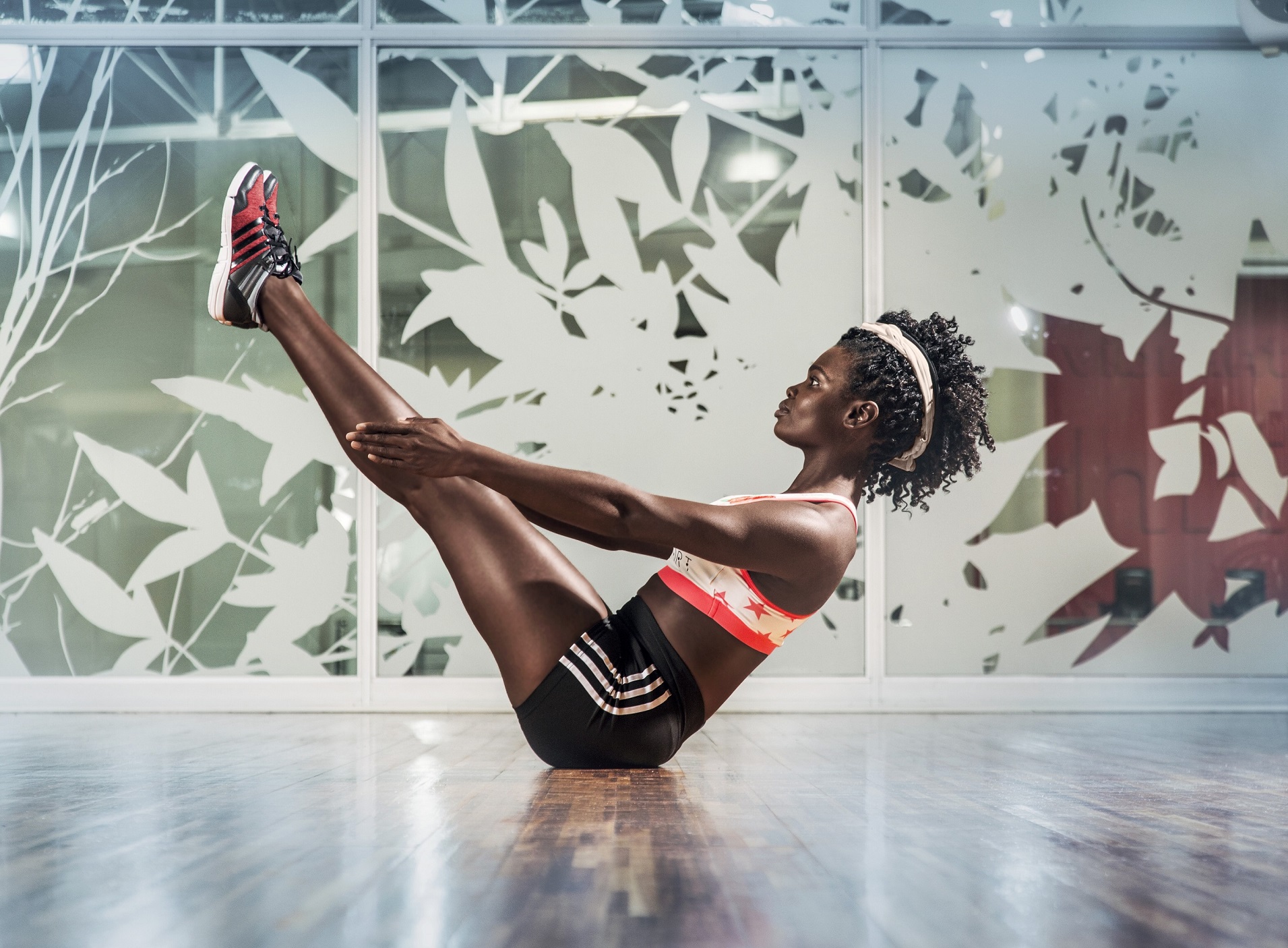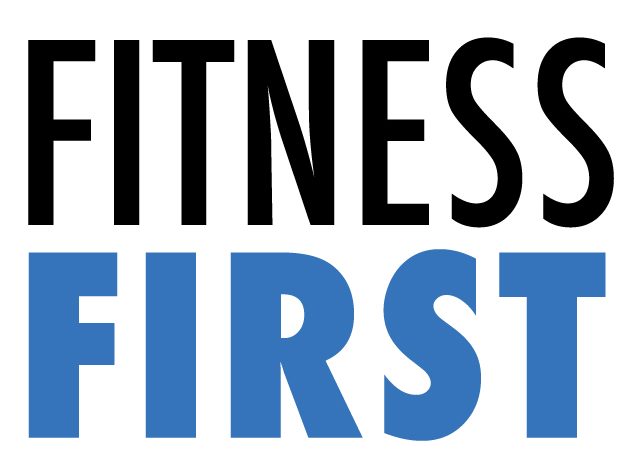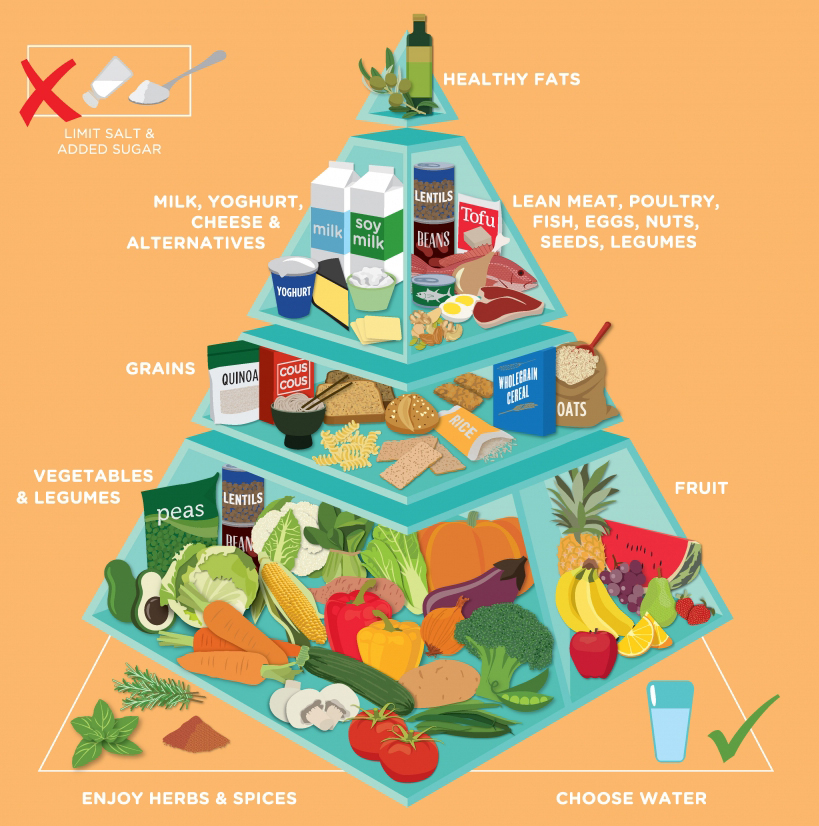I recall my collegiate playing days as a very successful time. Team accolades, championships, and records piled up during my 5 year career.
The template I followed to my success was pretty simple. Grind in the weight room and on the field, go to class, then repeat every day.
Looking back, however, I can see that there were aspects of my routine that may have held me back. My pre-practice routine for 3 years? A Code Red Mountain Dew and a Snickers Bar. What!!!??? Yes, a high level athlete excelled while regularly consuming that type of junk.
And let’s not even talk about the amount of sleep I was getting. I suppose it was a great thing that I was surrounded by amazing teammates.
These days I advocate for a different template to help athletes be their best. I call it the CORE 4.
CORE 4 METHOD
I want to share with you the concept of CORE 4 for wellness. I want to show you how easy this can be. I’ve used it regularly with the collegiate athletes I’ve coached, but it can apply to anyone looking to improve their functional fitness.
CORE 4 will form the support pillars as you begin your journey into a new workout pattern. It will help guide you on a better path if you or your children think Mountain Dew and Snickers are the secrets to success.
The CORE 4 outlook focuses on improvements to four specific areas.
- WHOLE FOOD – Proper nutrition provides you with the fuel you need to succeed in athletics. Using the WHOLE FOOD focus takes a lot of the guesswork and confusion out of maintaining a healthy diet.
- FITNESS/EXERCISE – This pillar focuses on how you build physical activity into your life, and not just on a specific work out routine.
- HYDRATION – Water is the catalyst to increased performance. If you don’t get enough water, none of your systems or muscles will operate efficiently.
- SLEEP – Proper sleep is the secret sauce to athletic success.
Read on to discover more about each aspect of the CORE 4.
WHOLE FOOD
Proper food is the fuel for our bodies. We’ve heard it from our parents, our teachers, and coaches. But what exactly does that look like? What is the proper food for an athlete? For someone just getting into a training routine? Just like anything in your life, you need to find what makes sense for you and then put it into action.
It starts with knowing a little bit about Whole Food (and I’m not talking about the store here). Here is a great pic that describes whole food and how it relates to your overall nutrition. Don’t get scared, though. You don’t need to shift to a Vegan/Vegetarian diet. And you won’t have to eliminate some of your favs. Focusing on whole food provides an easy way to source the necessary parts of your nutrition, while eliminating all of the “extra” stuff our bodies don’t need (like sugar, the worst offender).
Getting started with whole food in your diet is typically safe and can lead you into a better general base of nutrition. Starting with whole food is very sustainable and suitable for most people, especially when looking to make that leap into a new workout pattern.
Finally, sprinkling whole food into your routine is a great way to get natural nutrients, antioxidants, and fiber. Had I sprinkled more whole food into my diet while in college, I might have a few more championships.
FITNESS/EXERCISE
You are ready to jump into a new routine, new workout, new process but how do you start? By deciding this, you are deciding you want to be healthy. A healthy lifestyle is an active lifestyle.

How you incorporate exercise into your daily routine will depend on the goals you set. If you’re training for a specific sport, your coaches or trainers can help you devise a solid exercise routine. If you’re looking to decrease the amount of fat you carry, then low to moderate cardio exercise (keeping your heart in the aerobic range) combined with strength training will be the core of your fitness plan.
You’ll also want to consider your lifestyle, to understand where exercise fits in. Dedicated athletes will spend a good chunk of their day on very specific training routines. For people with more moderate goals, break exercise up into smaller chunks that can be done in 5-10 minute intervals throughout the day.
Keeping track of your progress will help you maintain your routine. A fitness tracker can be a great investment for logging steps, runs, or bike rides. These devices have all kinds of ways of reminding you to keep going and stay active.
For other activities, like strength training, you’ll want to keep a log of the weight/intensity level you used, the duration of the exercise, the number of reps/sets, and other factors.
Eating well is how we fuel the body and avoid unnecessary calories. But exercise is the way we train our bodies to be stronger or fitter for daily life and specific athletic activities.
HYDRATION
Proper hydration paired with proper whole food is essential in a healthy lifestyle. Our water intake is very important because every cell in our body is dependent on water. As you increase your activity, you will ramp up the activity on all of your body’s systems, and they all require, you guessed it, water. So your water intake will have to increase to meet these additional demands.

Increased activity also means that you expel more water than normal. Sweating is one obvious source of water loss. But you also will expel more water through your breath (as vapor) and your waste processes.
There are many factors that affect how much water you should take in each day. Ambient temperature, your body weight, and your activity level are just a few such factors. As each of these things goes up, you’ll want to increase the amount of water you’re taking in.
A great way to keep track of your daily water intake would be to carry a water jug with you during the day. You’d fill this jug up with your minimum daily water goal. If the water is all gone by the end of the day, then congratulations, you’ve hit your goal. Be competitive about it so it gets accomplished.
Another great way to get extra water into your system is by eating. Yes, by eating. Lettuce, Watermelon, Broccoli, and grapefruit are examples of whole food and are near 90% water. Pairing proper nutrition with proper hydration will positively impact your healthy and active lifestyle.
SLEEP

When people think about being healthy, they mostly just think about diet and exercise. This misses out on one of the most important factors affecting your baseline: your “sleep health”. Top athletes from around the world, including Lebron James and Serena Williams, count getting good, consistent sleep as a part of their training plan.
When we deprive ourselves of sleep, it can deplete us of energy, leave us in a bad mood, limit our reaction times, and generally impair athletic performance. To give yourself as much of an edge as possible, it’s important to treat sleep as a critical component of your training regimen.
How much sleep is enough? Well, the National Sleep Foundation recommends 8-10 hours for teens aged 14 to 17, 7-9 hours for most adults, and 7-8 hours for people 65 and older. The thing is, everyone’s sleep needs are a little different. You’ll need to experiment to see what your baseline sleep needs are. And then factor in a little extra on days when you’ve worked yourself particularly harder than normal.
As you start your new workout routine follow these simple steps for a better “sleep health”.
- Stick to a sleeping schedule (weekends included)
- Come up with a calming bedtime routine (reading, light music, stretching)
- Evaluate your room (proper temps, sounds, lights)
- Stay away from stimulants before sleep (like caffeine)
- Turn off electronics (better yet, leave electronics in a different room)
Improving your sleep health sounds easy, but we often put it at risk for other tasks. Put Sleep on your “to do list”. Make it a priority. Enhancing your “sleep health” and pairing it with water intake/whole food nutrition will make your active lifestyle an enjoyable lifestyle and, more importantly, a healthy lifestyle.
Conclusion
Starting a new workout routine can be daunting without a plan. Having a simple template like the CORE 4 to refer to will make that leap much easier for you. You will be able to jump in with some knowledge of what is important in a healthy, active lifestyle. Combine this with having the right mental preparation, and you will be on an easy path to success. One thing I can assure you of, however, is that Mountain Dew and Snickers will never be a pillar of a healthy lifestyle.


